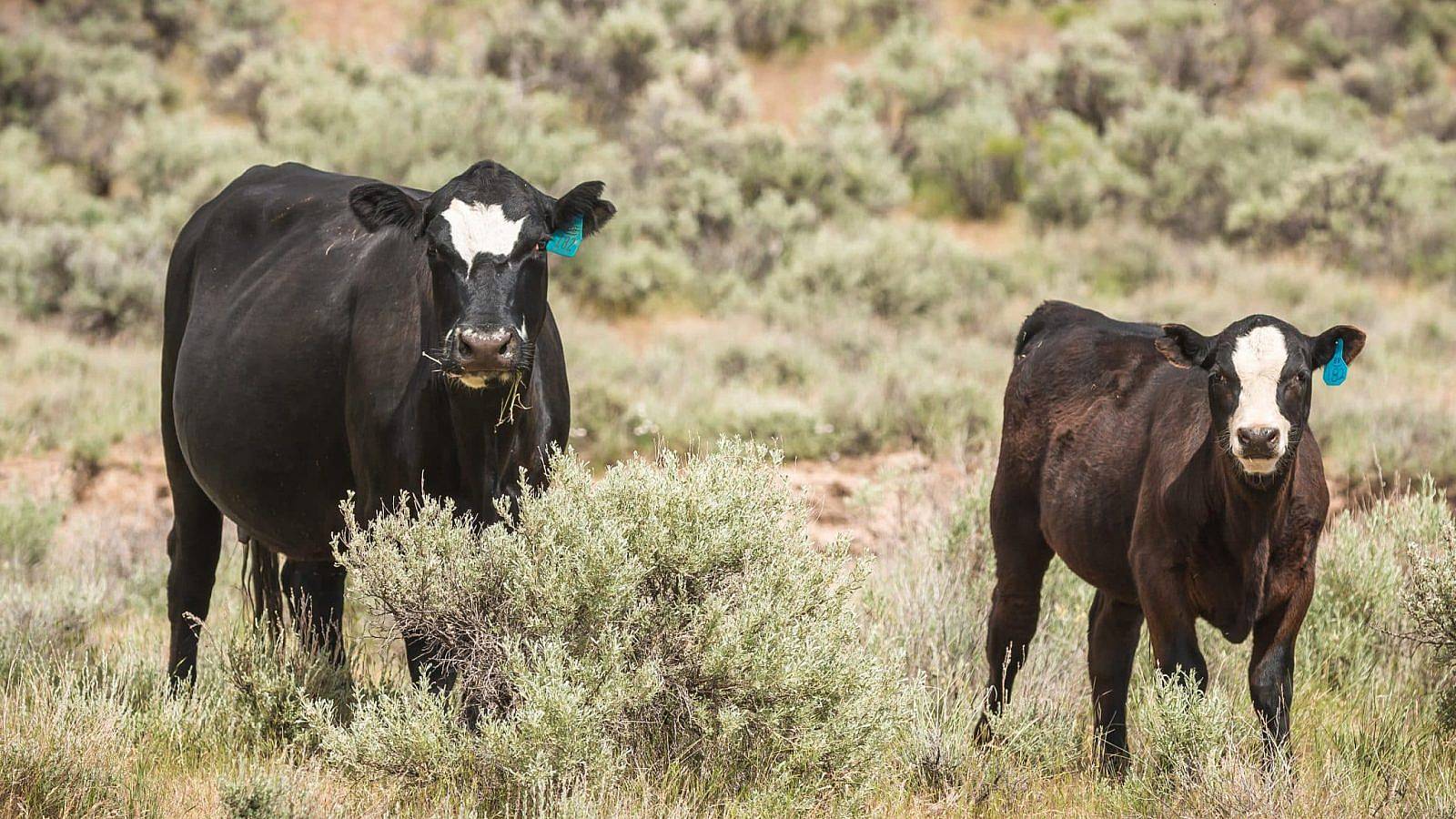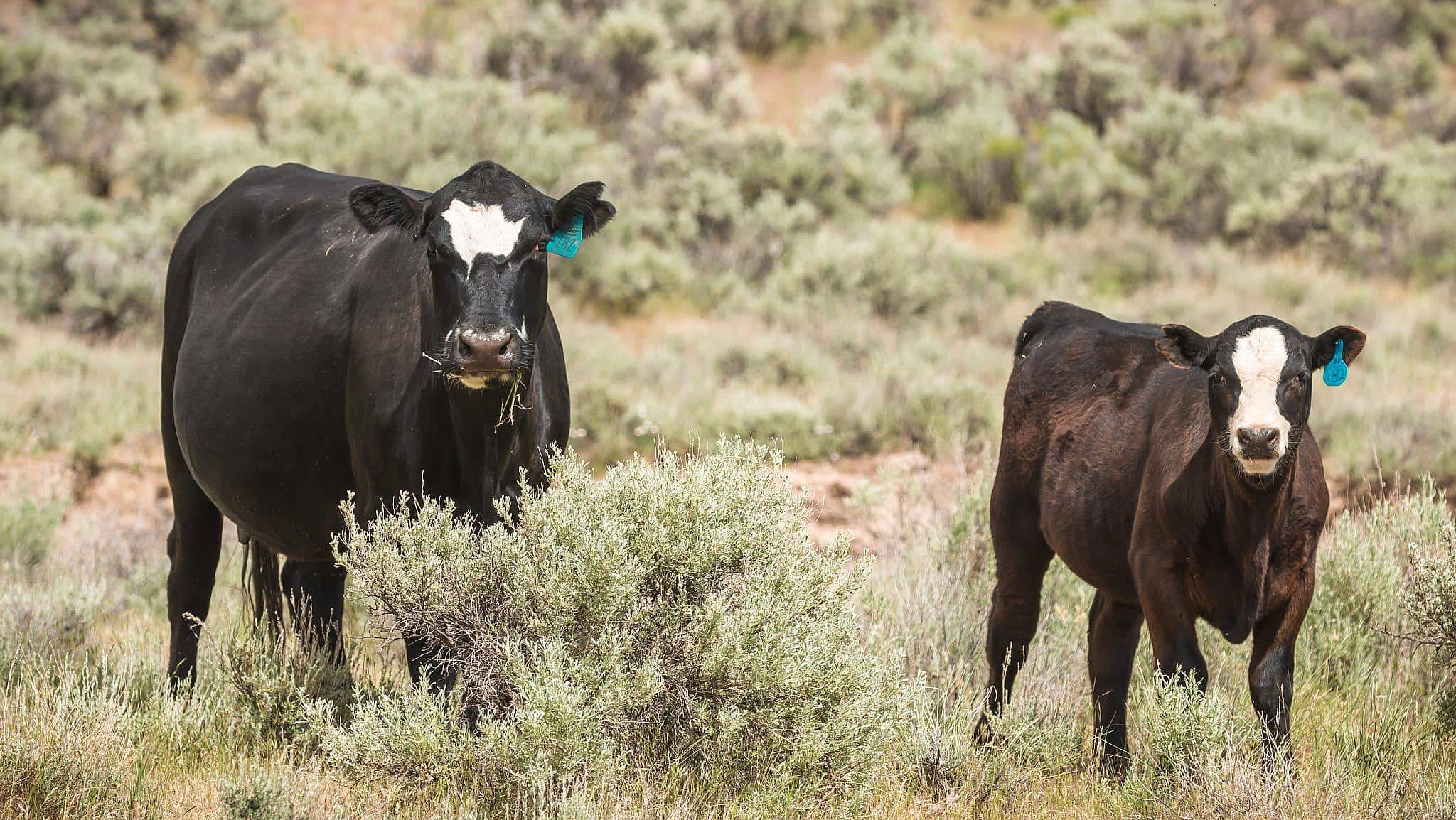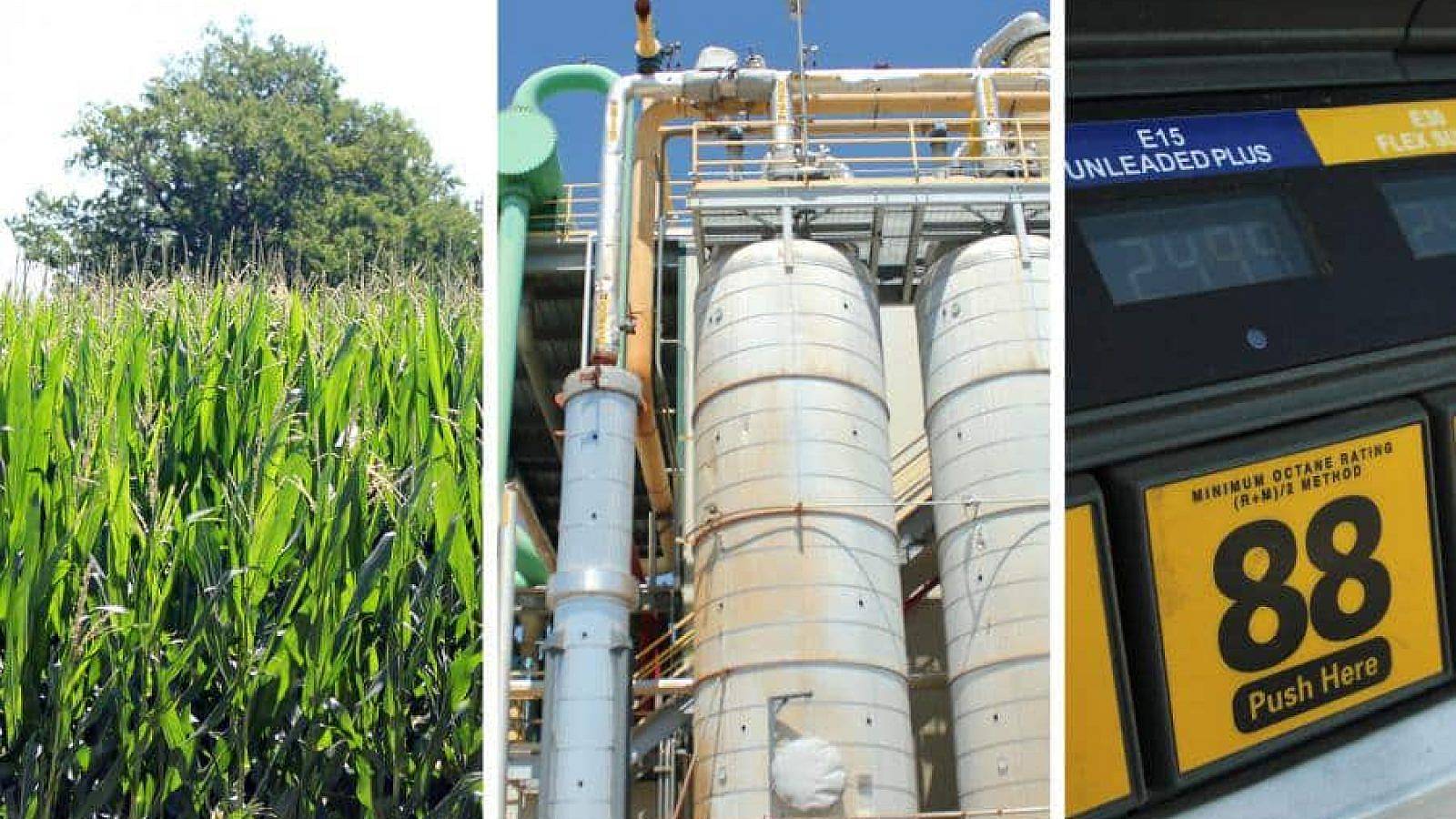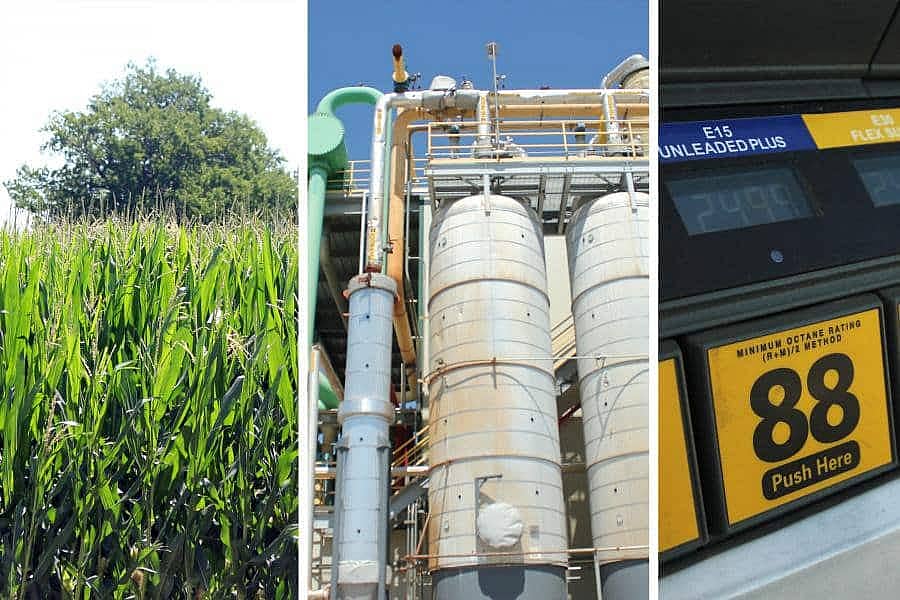LINCOLN, NE – A new report unveiled by the American Farm Bureau Federation provides an in-depth examination of the causes and price implications resulting from extreme market volatility in the cattle industry. It also sets the stage to explore policy solutions.
The Cattle Market Working Group, comprised of 10 state farm Bureau presidents, spent more than two months investigating factors that led to market disruptions following the Holcomb packing plant fire and the COVID-19 pandemic. They invited input and consultation from government and university experts, among others.
“Our cattle producers suffered a one-two punch with the fallout from the Holcomb fire and the COVID-19 pandemic,” said AFBF President Zippy Duvall. “The prices families were paying at the grocery store went up, but the prices paid to farmers dropped through the floor. That’s not fair to consumers or producers. We must work toward a more stable, resilient food supply chain that can better endure unforeseen challenges so we can keep America’s pantry stocked while ensuring farmers are paid a fair price for their products.”
The report is designed to equip state and county Farm Bureau organizations with deep insight and policy considerations
The Nebraska Farm Bureau released a portion of the findings and recommendations from the special Cattle Markets Task Force.
In its final report, the task force says it spent considerable time evaluating and discussing proposals to increase the share of negotiated cash sales in fed cattle markets but was not able to agree on whether government mandates are necessary.
“The Task Force was split at this time on supporting government mandates requiring a certain percentage of transactions occur by negotiated transactions,” the report says. “The Task Force believes the idea could be implemented if alternative mechanisms are unsuccessful in providing more price discovery in fed cattle markets.”
The report says task force members were concerned that a one-size-fits-all approach could have unintended consequences, especially given the complexity and regional nature of the cattle markets.
The task force also explored the thorny issue of mandatory country-of-origin labeling and concluded that standards for meat to be labeled “Product of the USA” should be revised.
“Under current regulations, cattle born and raised in a foreign country, but imported into the U.S. and processed, can be labeled as products of the U.S. The Task Force recommends the Farm Bureau seek either statutory or regulatory changes that require meat products to be derived exclusively from cattle born, raised, and slaughtered in the U.S. to be labeled as a ‘Product of the USA’,” the report says.
Among the task force’s other recommendations are reforming confidentiality requirements under the Livestock Market Reporting Act, with “consideration of removing confidentiality restrictions altogether”; and, amending the Packers and Stockyards Act to provide USDA with greater investigative and enforcement tools when dealing with meat packers.
Read the complete report here.











